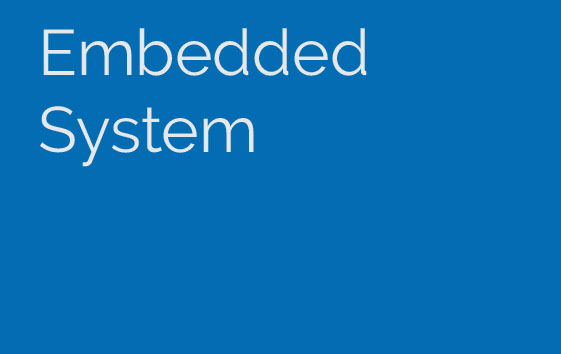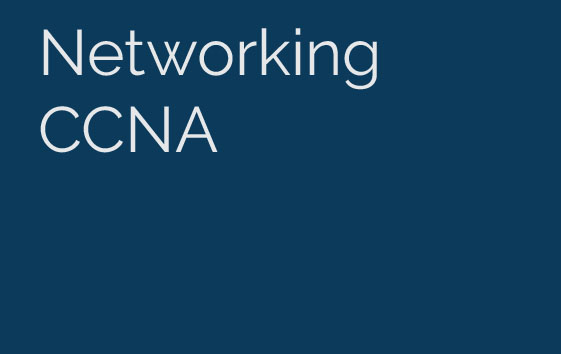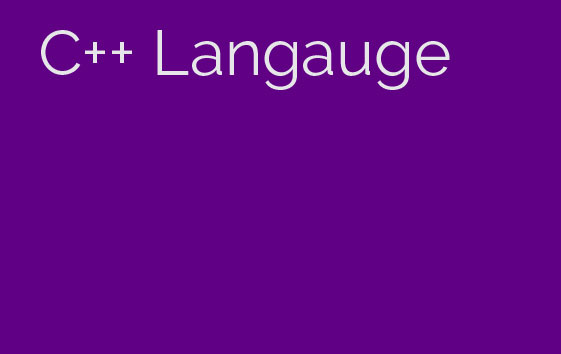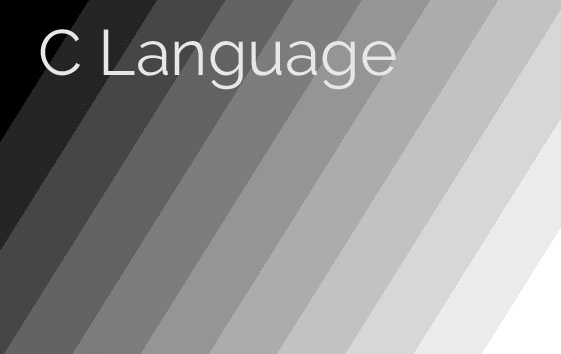C Language >>
C is a computer programming language. That means that you can use C to create lists of instructions for a computer to follow. The C programming language has been around since the early '70s, when it was developed by Ken Thompson and Dennis Ritchie at Bell Laboratories. They saw the need for a more user-friendly programming language, and after several attempts at new languages, C was eventually finalized and released. Throughout the '80s, the developers created various standards for the language. As computers became more complex, programmers were able to use C to build their own compilers and programming languages.
The C programming language has led to the development of both Java and C++, which are popular today and both simplified programming even further. C is one of thousands of programming languages currently in use. C has been around for several decades and has won widespread acceptance because it gives programmers maximum control and efficiency. C is an easy language to learn. It is a bit more cryptic in its style than some other languages, but you get beyond that fairly quickly. C is a compiled language, which means that once your C program is written, you'll need to run it through a C compiler to convert the program to an executable form.
The computer can run the C program. The C compiler is vital to creating a C program, because without it, your program will remain in human-readable form as opposed to machine-readable form . Programmers can either purchase a commercial compiler or download a free C compiler online. One of the things that programmers like about C is that it enables them to scale down programs so they can run on very little memory. This has become especially important in recent years, when so many people are using small-scale computers like smartphones and tablets.
Before going through this course candidate should have knowledge of given concepts listed below:
- Strong Knowledge Computer
- Basic knowledge of Programming Structure
- Basic knowledge Programming Algorithm
What will u Become
- C Developer
- C Programmer
C Langauge course can be completed within 3 to 4 month with practical and theoretical knowledge.
Course Software Requirements:
- Turbo C or C++
- Dev-C++
- Auto C
- Visual C
- Vector C
Before going through this course candidate can also refer these below websites link for online course:
Eligibility:
- Bachelor Degree Candidates
- Anyone who is looking to learn C Programming
- Engineering students
- Class XII Students
- Advance Learners
- Background
- Sample program
- Components of a C program
- Data types
- Naming conventions for variables
- Printing and initializing variables
- Defining arrays
- Functions
- Invoking functions
- Elementary operators
- The operator= operators
- The conditional operator
- Increment and decrement operators
- Character i/o
- Handling end of file
- Simple i/o examples
- Redirecting standard I/O
- i/o with character arrays
- Function declarations
- Returning a value or not
- Function prototypes
- Arguments and parameters
- Organization of C source files
- An extended example
- Main function
- The gets function
- The strcmp function
- The check function
- The atoi function
- The average function
- Defining the problem space
- Readability aids
- Bit wise operators
- Bit wise functions
- Circular shifts
- Fundamental concepts
- Aggregate operations
- String functions
- Higher Dimensional Arrays
- Array dimensions
- An array as an argument to a function
- Arrays of strings
- Fundamental concepts
- Describing a structure
- Creating structures
- Operations on structures
- Functions returning structures
- Passing structures to functions
- Pointers to structures
- Making sense of the p -> member notation
- Structures vs structure pointers
- Array of structures
- Functions returning pointer to structure
- typedef - New name for an existing type
- typedef with structures
- Header files for structure applications
- Bit fields
- Unions
- Non-homogeneous arrays
- Enumeration types
- System calls vs library calls
- Opening disk files
- Access modes
- Errors in opening files
- i/o library calls
- Example: copying a file
- Character input vs line input
- Motivation for the scanf function
- scanf and variants
- printf variants
- Closing files fclose
- Servicing errors
- if statement
- if else statement
- while loop
- for loop
- Endless loops
- do while loop
- break and continue statements
- switch statement
- else if
- #define
- Writing macros
- #include
- #ifdef
- #ifndef
- Compiling over several files
- Function scope
- File scope
- Program scope
- Local static
- resister and extern
- Object files
- Libraries
- The C loader
- Header files
- Fundamental concepts
- Pointer operators and operations
- Changing an argument with a function call
- Pointer arithmetic
- Traversing arrays with a pointer
- Traversing strings with a pointer
- String functions with pointers












